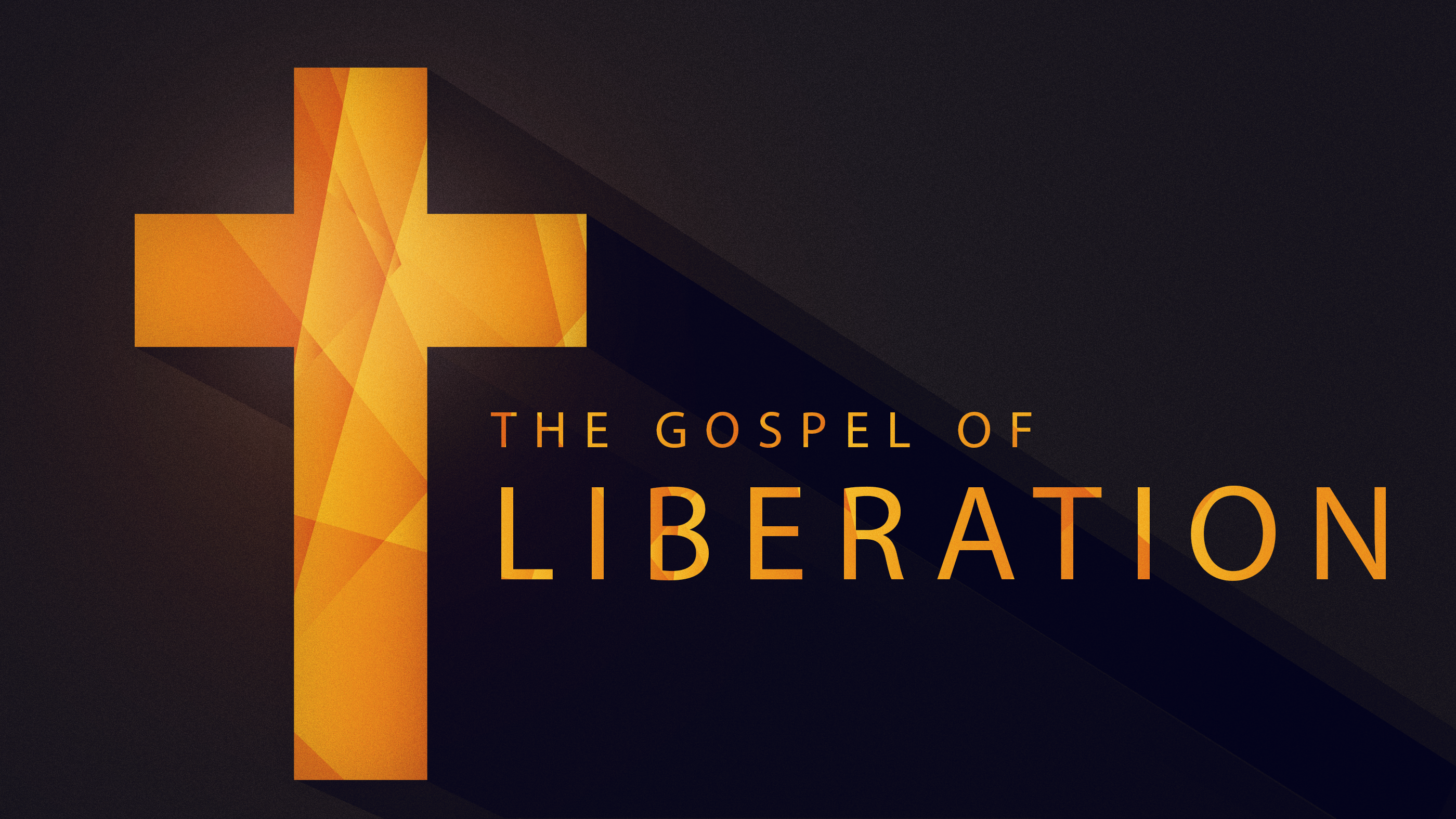
The Gospel of Liberation
Some Christians say, “Yes, the racism and systemic racism is a problem, but the church shouldn’t get side-tracked; we should focus on the gospel, not on social justice; that’s a secular issue.” A lot of Christians and even pastors narrow the gospel to saving our souls (going to heaven when we die) and having a personal relationship with God. It is true that the gospel opens the way to heaven and into a relationship with God; but, the gospel is way more than that.
In this sermon, Pastor Kevin presents a case that the gospel and “liberation theology” align in three major aspects. At New City, we think of the gospel in a tripod: (1) Jesus came and inaugurated the Kingdom of God (incarnation); (2) he died for us to enable us into the Kingdom (atonement); and (3) he resurrected, ascended and is coming back to fulfill the Kingdom (restoration). Three core themes of liberation theology corresponds to the three legs of the gospel: (1) God's preferential option for the poor (incarnation); (2) faith leading to works, both personal and social action (atonement); (3) Kingdom of God--that God invites us into his Kingdom work until the Kingdom comes in its fullness (restoration).
- First, incarnation. God became human and lived among us and showed us that God’s Kingdom is upside-down. One way in which the Kingdom of God is upside-down is God’s preferential option for the poor, oppressed, and marginalized. The first core theme of Liberation Theology is this, “God’s preferential option for the poor.” Study Luke 4:18-21; Matthew 25:31-45.
- Second, atonement. “Unlike secular notions of social justice, liberation theology insists that faith in God is the starting point for both personal liberation and social action.” (Romero in Brown Church) Our faith in the redemptive work of God on the cross leads us to work. Study James 2:14-17.
- Third, restoration. Jesus is coming back to liberate all creation from sin, death and suffering. This means the end of all oppression. Jesus started this Kingdom movement when he came, invited us into that Kingdom through his death, and now, as live in between the times before his second coming, we are called to join him in a movement of bringing God’s Kingdom to earth now by proclaiming the gospel, loving our neighbors, reducing suffering, eradicating injustice and oppression, and bringing peace.
